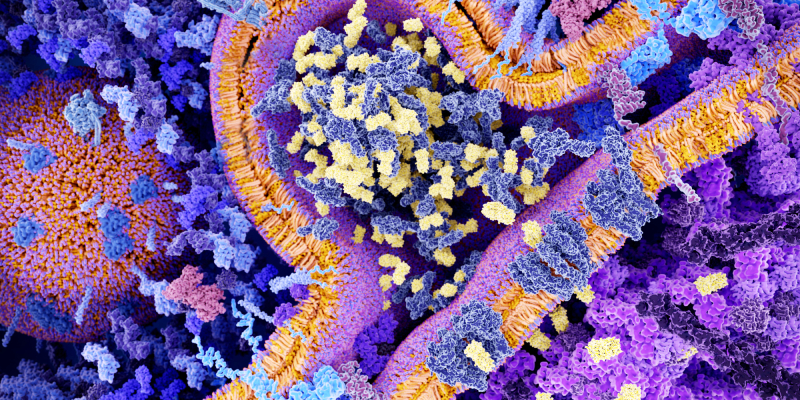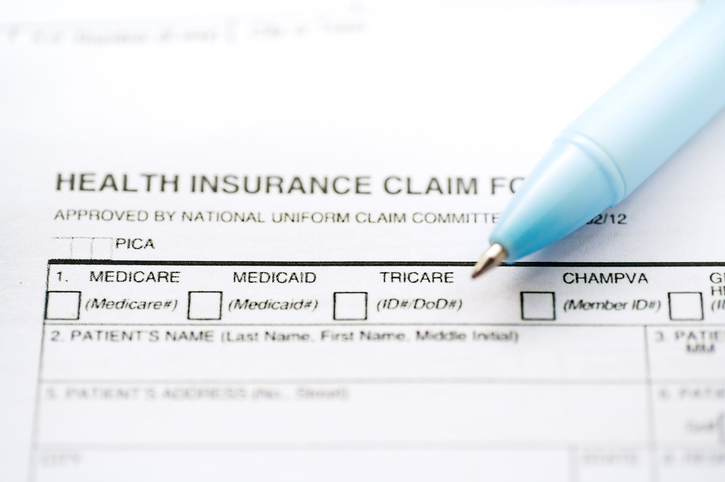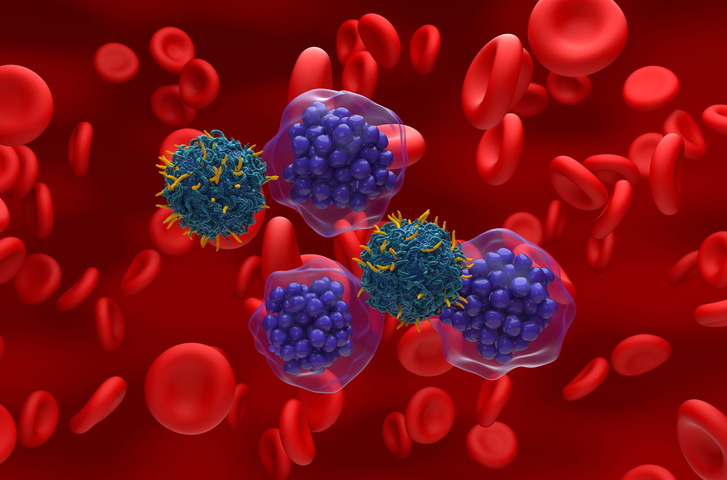
Using CD19-directed chimeric antigen receptor (CAR) T-cell therapy in patients with mantle cell lymphoma (MCL) and secondary central nervous system (CNS) involvement is “feasible,” according to a recent study.
Christine Ryan, MD, of the Dana-Farber Cancer Institute, and colleagues conducted the study because there is “limited” data describing the outcomes of patients with MCL and secondary CNS involvement who received CAR T-cell therapy.
Reviewing Data on CAR-T Efficacy, Safety in Patients with MCL, Secondary CNS Involvement
Dr. Ryan and colleagues identified 10 patients with MCL and secondary CNS involvement who received CD19-directed CAR T-cell therapy at three academic centers in the United States. The median patient age was 60 years at the time of CAR T-cell therapy. All patients received brexucabtagene autoleucel, except for one patient who received tisagenlecleucel. Most patients (70%) had active CNS disease at the time of CAR-T infusion.
An imaging assessment at day 30 showed that 90% of patients had a complete response in terms of systemic disease, while 10% had progressive disease. Of the patients who had active CNS disease at the time of infusion, most (86%) had an objective response in the CNS and 90% had a systemic objective response.
In the entire cohort, the one-year progression-free survival (PFS) rate was 47% and the one-year overall survival (OS) rate was 79%. The median PFS was 11.7 months, and the median OS was not reached.
For patients who had active CNS disease at the time of CAR-T infusion, the 12-month PFS rate was 36% and the 12-month OS rate was 71%.
Nearly all patients (90%) developed cytokine release syndrome (CRS) with a median time of four days to CRS onset. The median duration of CRS was five days. Immune effector cell associated neurotoxicity syndrome (ICANS) occurred in 70% of patients, with a median time of six days to ICANS onset. The median duration of ICANS was 11 days.
“Our results suggest that anti-CD19 CAR T-cell therapy in this setting is feasible and additional data regarding neurotoxicity in this population may be warranted,” Dr. Ryan and colleagues concluded.
Reference
Ryan CE, Zon RL, Redd R, et al. Clinical efficacy and safety of chimeric antigen receptor T‐cell therapy for mantle cell lymphoma with secondary central nervous system involvement. Br J Haematol. 2023. doi:10.1111/bjh.19037






 © 2025 Mashup Media, LLC, a Formedics Property. All Rights Reserved.
© 2025 Mashup Media, LLC, a Formedics Property. All Rights Reserved.